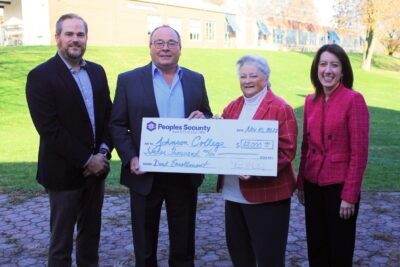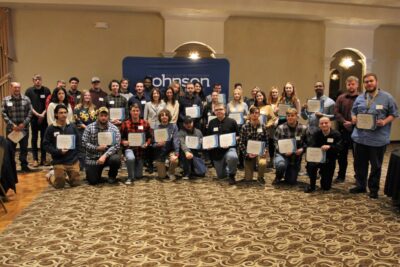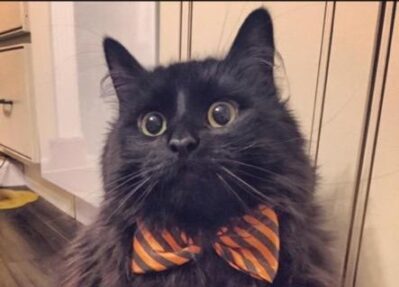Johnson College recently received a $12,000 EITC contribution from Peoples Security Bank & Trust to support the College’s Industry Fast Track/Dual Enrollment Program.
Peoples Security Bank & Trust’s contribution to Johnson College is part of Pennsylvania’s Educational Improvement Tax Credit (EITC) Program, administered by the Pennsylvania Department of Community and Economic Development. The program offers businesses a tax credit for supporting state-approved educational improvement programs. Johnson College is approved to accept EITC contributions in support of its STEM outreach programs and Industry Fast Track program.
Johnson College’s Industry Fast Track program offers high school students from participating area school districts an opportunity to enroll simultaneously in secondary and post-secondary coursework at Johnson College. The course meets state requirements for high school graduation while providing college-level courses. Students remain enrolled full-time at their high school while attending classes on the College’s campus.
To learn more about Johnson College’s Industry Fast Track/Dual Enrollment programs, visit johnson.edu/registrar-old/high-school-students/.
For more information about Peoples Security Bank & Trust, visit psbt.com.
Pictured form left to right: Bill Burke, Vice President of Enrollment and Student Affairs, Johnson College; J. Patrick Dietz, Johnson College Board Chair and Senior Vice President, Peoples Security Bank and Trust; Karen Baker, Senior Director of College Advancement, Johnson College; and Dr. Katie Pittelli, President & CEO, Johnson College.




